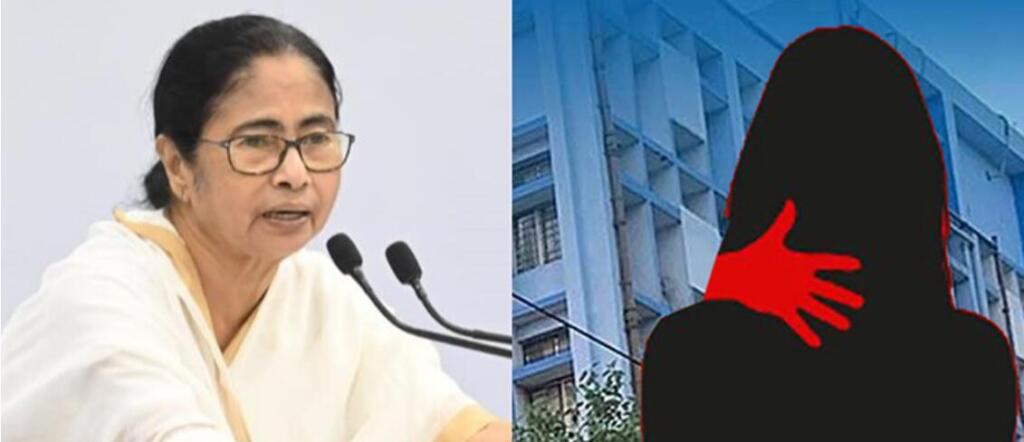In a deeply unsettling development, West Bengal Chief Minister Mamata Banerjee recently offered ₹10 lakh to the family of a doctor who was brutally raped and murdered. This offer, intended as financial support, starkly highlights a grave issue: the ongoing dehumanization and objectification of women in our society. The victim, a dedicated medical professional who devoted her life to saving others, became a tragic symbol of the severe lapses in our system’s ability to protect those who care for us.
The victim’s father, mourning the loss of his daughter, rejected the monetary offer. His response was a powerful statement that no sum of money could ever replace the life of a loved one or compensate for the profound trauma inflicted by such heinous violence. The irony is striking—while she devoted her life to healing others, no one could save her from the horrors she faced.
This tragic case echoes the pain and outrage generated by the Nirbhaya case in 2012. Nirbhaya, a young woman brutally gang-raped and murdered, became a symbol of the urgent need for legal reforms and societal change. Despite heightened awareness and changes in legislation since then, the fundamental issue remains: women continue to be treated as objects rather than individuals deserving of respect and protection.
The offer of ₹10 lakh, though substantial, reveals a superficial approach to addressing a deeply entrenched problem. It reflects a societal mindset that often seeks to resolve visible symptoms of violence rather than addressing the root causes. Financial compensation might provide some immediate relief but cannot undo the psychological trauma or restore the life and dreams of the victim. It fails to confront the systemic issues that enable such violence to persist.
The reality is that reducing the worth of a woman’s life to a financial figure is both inadequate and insensitive. It reinforces the notion that a woman’s value can be measured in monetary terms and that her suffering can be mitigated through financial means. This perspective not only devalues the victim’s life but also overlooks the broader cultural and societal issues that perpetuate violence against women.
The fact that a doctor—someone who dedicated her life to saving others—could be so brutally attacked underscores a critical issue: even those who are supposed to be protected are not safe themselves. This incident highlights the need for a fundamental shift in our approach to gender violence. It is not merely about enhancing legal protections but also about fostering a cultural transformation towards genuine gender equality.
Education, awareness, and a shift in societal attitudes are essential to creating a world where women are not only respected but truly safe. We must move beyond the notion that financial compensation can address the profound pain and injustice faced by victims and their families. Instead, we need comprehensive reforms that address the root causes of violence and ensure that every woman can live with dignity and security.
Only through such concerted efforts can we hope to prevent future tragedies and honor the lives of those who have been lost. True justice lies not in the monetary value we assign but in the meaningful changes we make to protect and value every individual.
